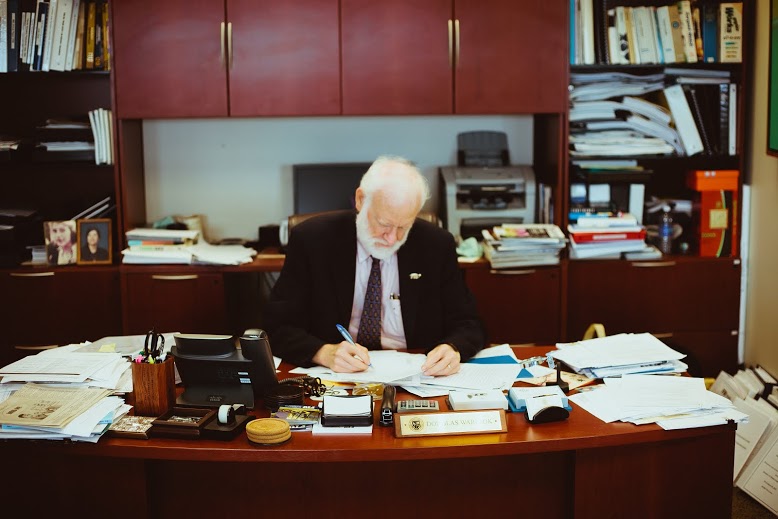By: Vanessa Gallardo/Contributing Writer
The Florida Department of Children and Families reported that women between the ages of 16 to 24 were at the greatest risk of nonfatal, intimate partner violence in 2009-2010.
Locally, DCF said there were approximately 2.5 million offenses in Miami-Dade County and approximately 1.75 million in Broward County.
At a university where the majority of the student population is women, especially from countries with a high amount of violent incidents, one would anticipate a great deal of domestic violence awareness campus wide.
But at the University, it’s rare to see a sea of purple ribbons, the unifying symbol of courage, survival and dedication to ending domestic violence.
“There are so many benefits of awareness,” said a Broward County volunteer coordinator who requested anonymity for the sake of her clients.
“And college campuses are super important targets, because most victims are young, college-aged women.”
The coordinator said one of the most important benefits of awareness is preventing an incident or helping a potential victim by teaching them the actions abusers take to maintain power.
Abuse comes in various forms, not just physical and sexual. Abuse can be emotional, such as verbal abuse, including yelling or name-calling. Other forms of emotional abuse include isolation, intimidation and/or controlling behavior.
“When I went to FIU, I never saw any forms of domestic violence awareness,” said Lindsay Gerber, a University alumna. “As a nurse, I now realize how important it is to spread awareness, especially on college campuses.”
Gerber, now a registered nurse at Joe DiMaggio Children’s Hospital, has taken care of many children and has seen a number of abuse cases.
“Victims don’t know how to get help,” Gerber said. “Many that are in that situation hadn’t learned much about it, and they don’t know how to get out. They need to spread awareness to prevent it but also, so that girls know what to do if they are unfortunately placed in that situation and how to get out.”
Congress designated October as Domestic Violence Awareness Month, yet there were no signs of acknowledgment around either of the University’s campuses.
Elika Nerette, assistant director at the Victim Advocacy Center, said the reason why you won’t see banners, tables or much of any type of awareness is because of funding problems.
“There is so much more we can do,” Nerette said. “We can even put our ‘relationship IQ’ pamphlets in girls’ bathrooms, which help you analyze whether or not you could possibly be in an abusive behavior.”
Nerette said the primary method to reach students is by talking and tabling at freshman orientations and making presentations in the many freshman experience classes.
Even so, Nerette said that although the center does not make presentations for transfer orientations, she’s very proud of the free services it does offer.
The center offers various free services to its students, faculty and staff including support, therapy and assistance. Advocates are even available to accompany clients to the hospital, police station, court or to other appointments. Nerette said they are even willing to request academic accommodations for students.
But, Nerette said, awareness remains problematic.
“It’s something we have to keep working on,” she said.
Transfer student Danielle Kong said at her previous university, York University in Toronto, Canada, the campus staff went out of their way to make it known that there were always counselors available.
“I’ve never, ever, ever seen any domestic violence information around campus, not this month, not ever,” Kong said.
“Florida Atlantic University even has volunteer fairs in collaboration with Women in Distress to help bring awareness,” Kong said. “Around here, there are tons of flyers about academic assistance but never about personal assistance.”
The Broward volunteer coordinator said there are steps the university can take to improve. She said the University could partner with students from women’s studies, social work or sociology to hang signs or set up information tables.
“I think this sums it up pretty well: I do what I do so hopefully one day, I will work myself out of a job.”
This story was researched and written for JOU 3300 Advanced News Writing taught by Dr. Fred Blevens in the School of Journalism and Mass Communication. You can see this and other class work by going to thenewswave.org





Be the first to comment on "Domestic violence awareness lacking at University"